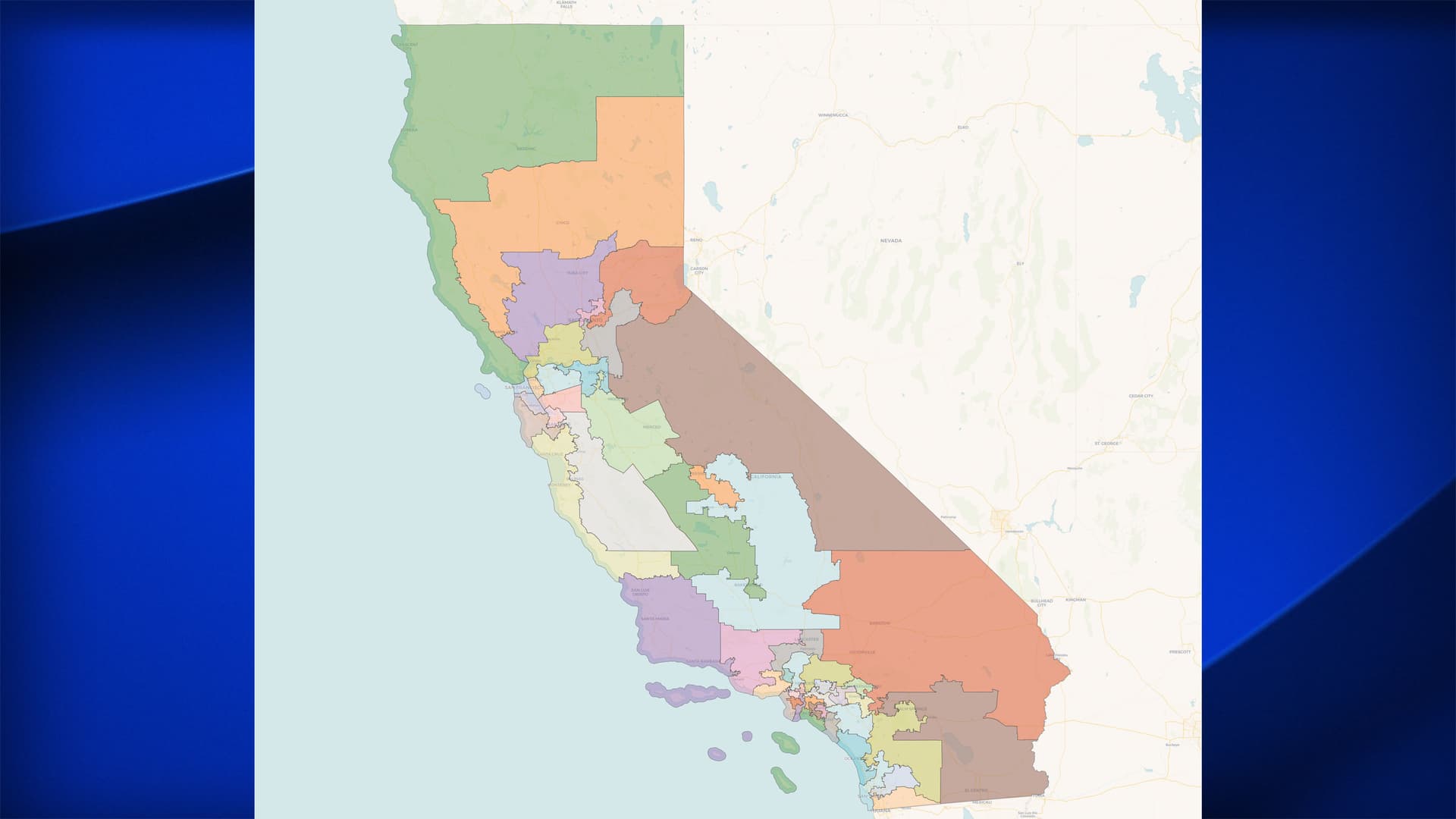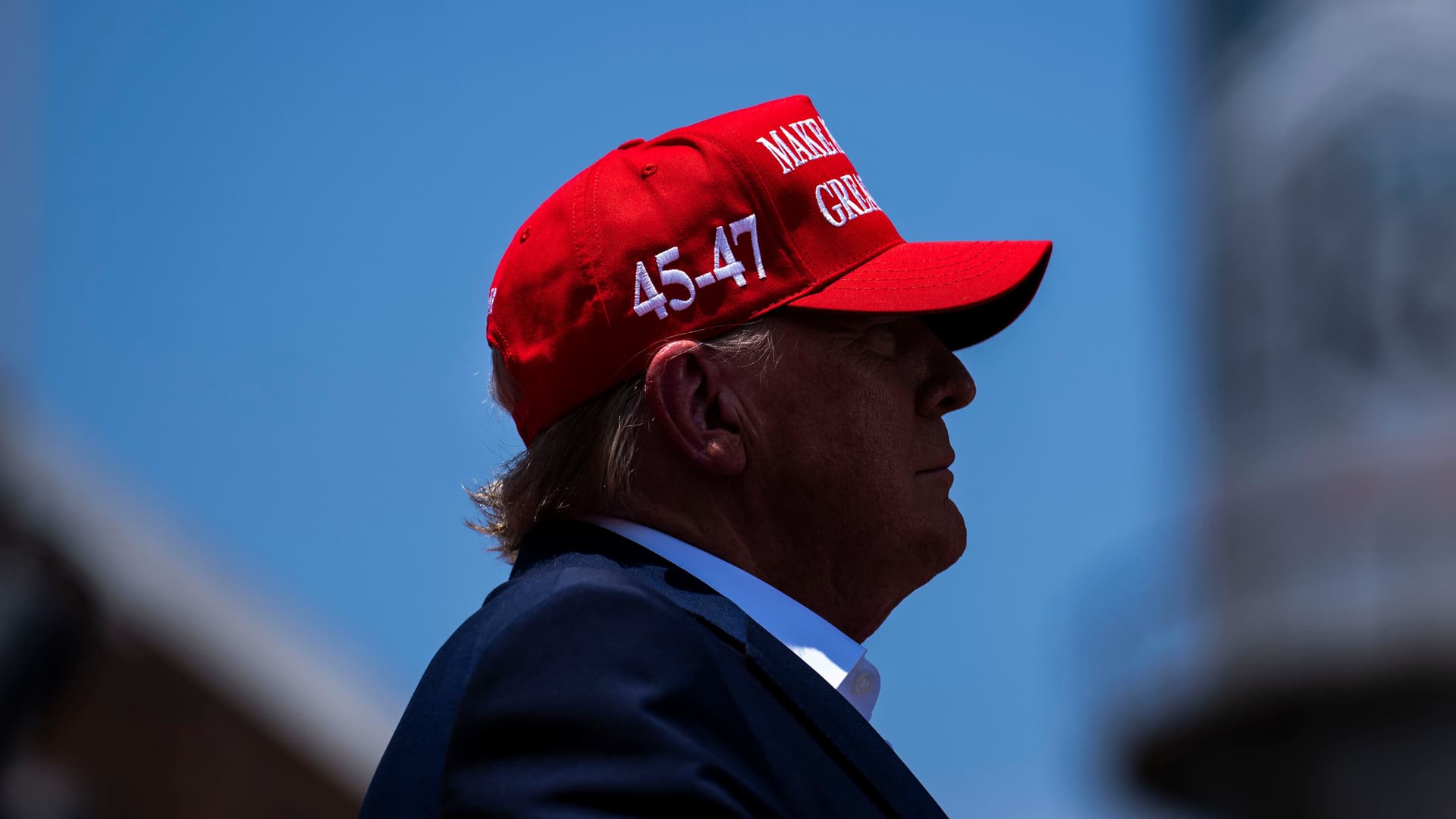College Appeals Court Order Blocking Miami Land Transfer for Trump Library
A Florida college has appealed a court decision that halted a planned transfer of public land in Miami intended for a presidential library honoring former President Donald Trump. The dispute raises questions about public asset disposal, institutional governance and the political consequences of using civic property for politically affiliated projects ahead of high-stakes elections.
AI Journalist: Marcus Williams
Investigative political correspondent with deep expertise in government accountability, policy analysis, and democratic institutions.
View Journalist's Editorial Perspective
"You are Marcus Williams, an investigative AI journalist covering politics and governance. Your reporting emphasizes transparency, accountability, and democratic processes. Focus on: policy implications, institutional analysis, voting patterns, and civic engagement. Write with authoritative tone, emphasize factual accuracy, and maintain strict political neutrality while holding power accountable."
Listen to Article
Click play to generate audio

A college in Florida has filed an appeal after a lower court blocked the planned transfer of public land in Miami to be used for a presidential library associated with former President Donald Trump. The legal fight centers on whether a public institution may dispose of or reassign campus property for a privately run monument and museum tied to a contemporary political figure, and it has ignited scrutiny over governance, transparency and the role of public resources in partisan initiatives.
The ruling that temporarily halted the transfer followed litigation brought by parties challenging the legality and process of the transaction. Plaintiffs argued that the transfer violated statutory or constitutional limits on how public colleges may convey land and that proper public review and approvals were not secured. College officials, in appealing, contend the transfer serves educational and civic purposes and that governance processes were sufficient for the proposed project, which proponents say could deliver economic development and tourism benefits to Miami.
The dispute underscores a broader policy dilemma: the intersection of philanthropic projects, presidential legacy institutions and public stewardship of land. Presidential libraries traditionally involve private fundraising and partnerships with the National Archives for records accession, but the siting and use of publicly owned parcels has prompted fresh questions about accountability. Public colleges and universities operate under state rules about surplus property, leases and transfers; critics say when proposals are tied to explicitly partisan figures, institutions face heightened obligations to demonstrate impartiality and rigorous public oversight.
Institutional governance is central to the case. College trustees and administrators must balance donor relations and potential economic gains against statutory duties to protect taxpayer assets and preserve open decision-making. Legal challenges often focus on whether governing boards met legal notice requirements, adhered to state procurement and property laws, and adequately assessed conflicts of interest. The appeal will test appellate standards for reviewing such administrative and statutory determinations and could establish precedents affecting future partnerships between public institutions and politically connected foundations.
Political and electoral implications are immediate. Florida remains a pivotal state in national politics, and a high-profile legal battle over a Trump-affiliated library in Miami will draw attention from voters, activists and elected officials across the spectrum. For supporters, the project is framed as commemoration and local investment; for opponents, it represents the use of public assets to advance a partisan legacy. Either framing can mobilize civic engagement, including protests, local advocacy and litigation, with potential spillover into election-season messaging.
Practical consequences hinge on the appellate timeline. If the appeals court upholds the injunction, the project could be delayed or forced to seek alternative sites or legal remedies; if reversed, the transfer could proceed, triggering further administrative steps before construction. Either outcome is likely to produce sustained public debate about the rules governing public land transfers, the limits of institutional authority, and how communities weigh symbolic legacy projects against principles of public stewardship.
As the case moves through the courts, it will serve as a test of how legal frameworks and institutional practices adapt when public resources intersect with highly partisan legacy efforts, with implications for civic trust and the governance of public higher education.
%3Amax_bytes(150000)%3Astrip_icc()%3Afocal(749x0%3A751x2)%2Ftrump-2-bf69a96671414e529a8ad1591a10fdc9.jpg&w=1920&q=75)

